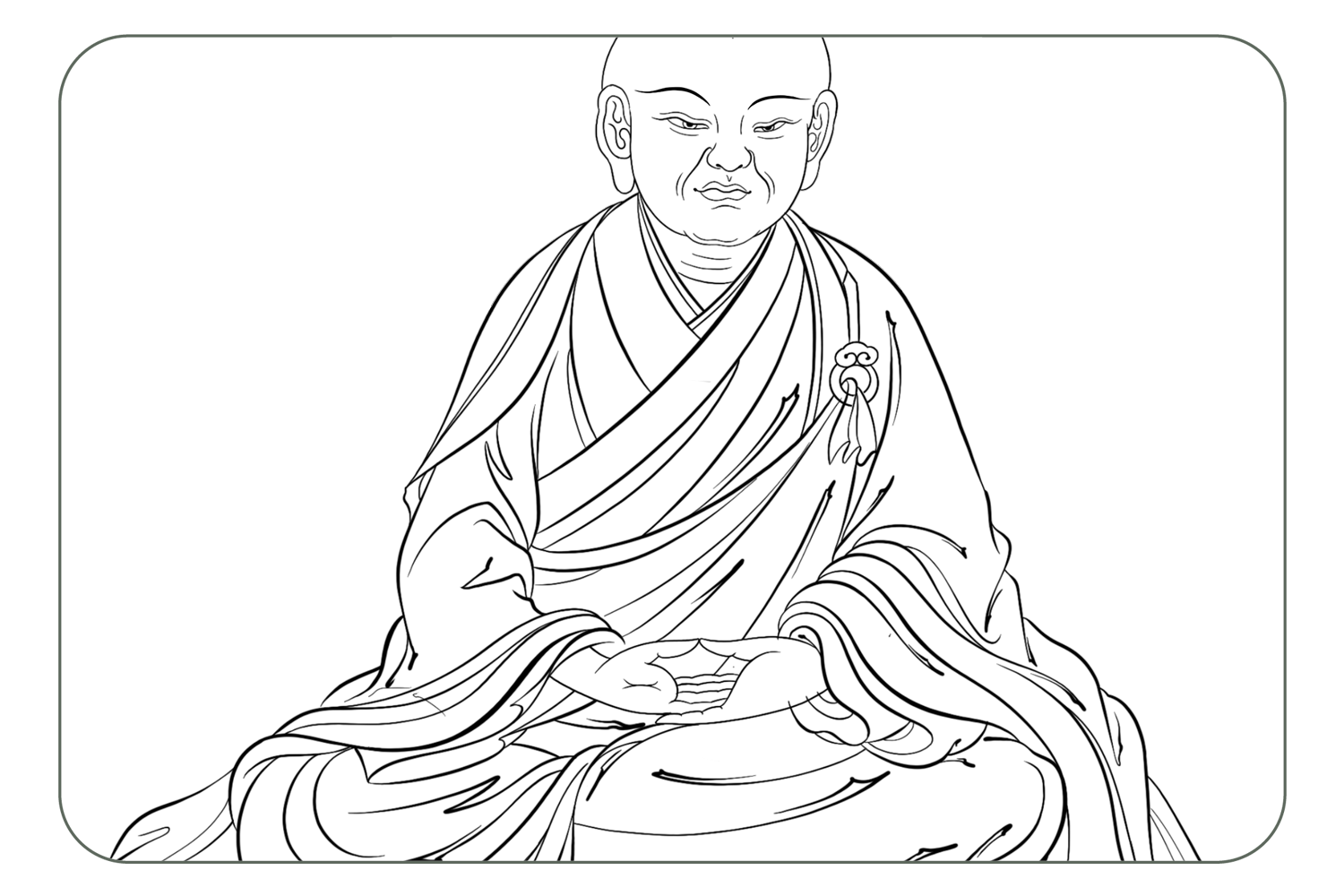Freedom from self-criticism and discouragement
How can we keep ourselves from self-criticism and discouragement as we explore what is?
Self-criticism and discouragement depend on what is called in Pāli sakkāya diṭṭhi, or personality view: I am this, I am like that. It is a consequence of the generalising process of conceptuality. According to the Buddha all things happen in a web of causes and conditions. Although he denied determinism, it does mean that actions always arise in relation to a specific moment, environment, embodiment, and karmic imprints. Because of these karmic patterns, our cultural context, and upbringing, we definitely see tendencies in our behaviour, but conceptuality generalises this by taking the individual, contextual, impermanent moments and transforming them into static, permanent characteristics. ‘This happened in this context’ is perverted into ‘I am like that’.
But none of us ‘is like that’. All our five aggregates, and the person imputed on them, are impermanent. Always in flux, and luckily so. That is why we can respond dynamically to changing circumstances. A permanent self could never learn, adapt, grow, evolve. Precisely because we are empty of a permanent self, we are free to seek relief from unskilful mental patterns and to cultivate skilful patterns.

When some action was unskilful and our mind’s ignorance (miccha diṭṭhi) transforms it into ‘our fault…again’, this is of course very discouraging. In reality we are free from that action the moment it passed, for the next moment we are already different again. That we are impermanent, dynamic, contextual and depending on the five aggregates, arising new in every single moment is sammā diṭṭhi, or right view. There is no ‘self’ to criticise, for there is no abiding self, merely an always changing process. Freeing us from guilt and fault, it creates the space to take responsibility, to learn and adapt our internal and external conditions through the cultivation of the three higher trainings, the brahmaviharas, the three principles of the path, the six perfections, and so on.
It is also encouraging, because regardless of our actions being skilful or unskilful, when we apply mindfulness and wisdom they become moments from which we learn and through which we grow. That’s why the Buddha exclaimed: “I am free of the conceit of I am”
 The Buddha Project
The Buddha Project 